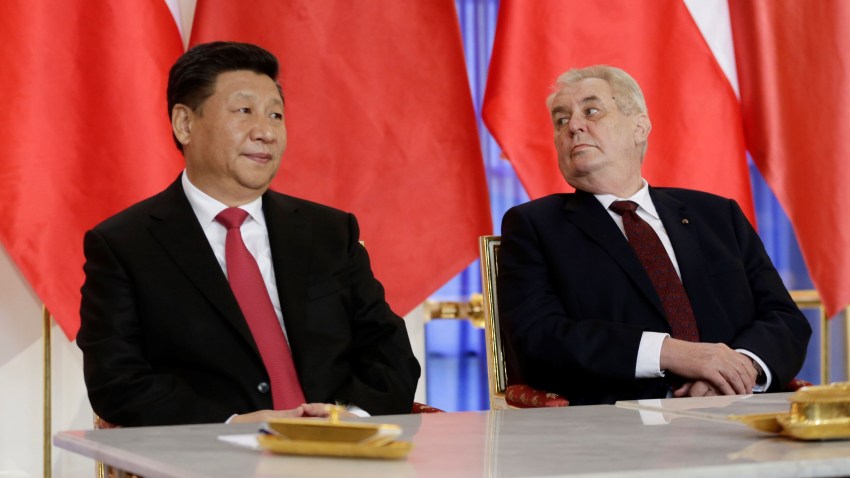Despite its professed foreign policy principle of non-interference, China has long tried to influence other states. But in recent decades, Beijing has dramatically increased its efforts to wield power within other countries, including many liberal democracies. It has done this through a wide range of tools, including formal diplomacy, public messaging, leveraging ties with local media, the outright bribing of politicians, economic aid and coercion, and other methods.
Central and Eastern Europe, or CEE, has been a key area that China has targeted over the past decade for its influence offensive. Beijing already enjoyed solid relations with many CEE states dating back to the Cold War, and most of these countries had previously taken a fairly neutral stance on the emerging competition between the U.S. and China. After all, it is distant and seems in many ways to have little impact on them. What’s more, while Washington—under both former President Donald Trump and his successor, President Joe Biden—has ramped up pressure on Beijing, the European Union, to which many CEE states belong, has continued to try to adopt a middle approach. That has meant criticizing China for rights abuses and some unfair trade policies, but maintaining much warmer ties with Beijing than Washington has.
In its efforts to bolster ties with CEE countries, Beijing used all the components of its toolkit for influence operations. To begin with, it cultivated the region’s powerful leaders, such as Hungary’s increasingly autocratic Prime Minister Viktor Orban. For his part, Orban had reciprocated the warmth, for instance by encouraging Chinese universities to set up campuses in Hungary, despite concerns they might be used as propaganda tools. Beijing similarly cultivated President Milos Zeman of the Czech Republic, who went so far as to allow the head of CEFC China Energy—a Chinese company with close links to the Chinese government—to serve as a close adviser, potentially opening his government up to direct influence in its internal affairs. The adviser was ultimately arrested for alleged economic crimes.

